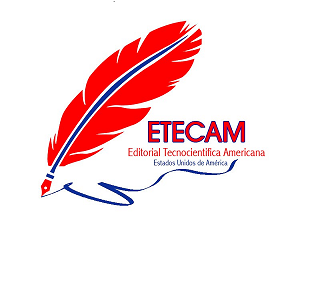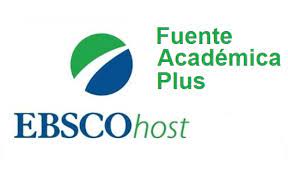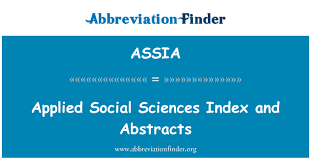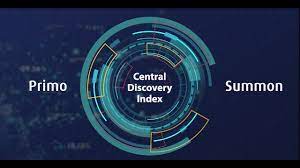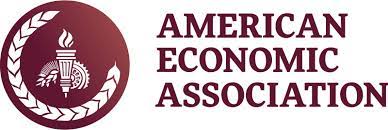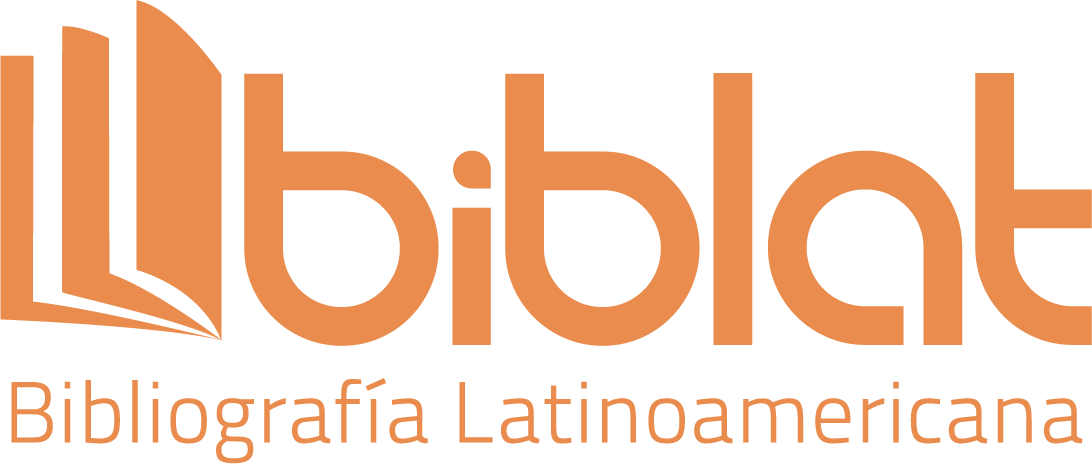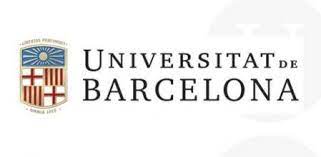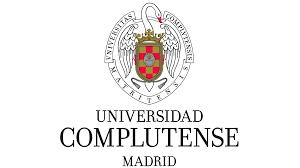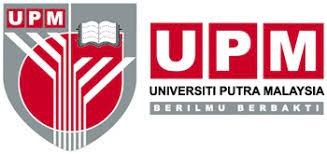Gamification for the development of logical-mathematical competencies in fourth year high school students
DOI:
https://doi.org/10.51736/sa.v7iEspecial%206.412Keywords:
gamification, logical-mathematical competences, skills, mathematics teaching-learning, mathematics teaching-learningAbstract
The development of mathematical competencies through innovative pedagogical strategies is a relevant topic of growing interest in contemporary academia. The present study addressed the design of a gamification strategy for the development of logical-mathematical competencies in students in the fourth year of General Basic Education. The research was carried out in a rural Ecuadorian school to evaluate the impact of gamification on the development of these skills. The results showed significant improvements in students' logical-mathematical skills, supported by standardized evaluative activities, surveys and the corresponding statistical tests for pretest-posttest comparative analysis. Descriptive statistical methods were also applied to organize the information by means of tables and graphs of absolute and relative frequencies. A positive impact was observed in problem solving and in the variety of strategies used, although no significant differences were found in the connections between mathematical concepts. Students showed a positive perception towards the effectiveness of games in mathematics learning, mainly in aspects related to motivation, interest, understanding and participation in mathematics learning through games. Teachers perceived the strategy as effective and relevant. They perceived that gamification was useful in facilitating student learning and that the planning and execution of the strategy were well adjusted to the educational objectives, which reflects a favorable perception of the feasibility and positive impact of this methodology.
Downloads
References
Afni, N., & Hartono, H. (2020). Contextual teaching and learning (CTL) as a strategy to improve students mathematical literacy. Journal of Physics: Conference Series, 1581(1), 012043. https://doi.org/10.1088/1742-6596/1581/1/012043
Espinoza-Espinosa, D., Jadán-Guerrero, J., Santorum, M., & Nunes, I. L. (2022). Learning Based on Board Game to Inspire Mathematical Thinking. Human Factors and Systems Interaction, 52(52).
Franco-Zambrano, B. M., & Franco-Zambrano, C. N. (2023). Logical-mathematical thinking and creative didactics: study carried out in the eighth grade of the educational circuit 13D01_C07 Ecuador. Central European Management Journal, 31(2), 538-546.
Hardiyanti, P. C., Wardani, S., & Kurniawan, C. (2020). Efforts to Increase Mathematical Logical Intelligence Through Development of Student Worksheets Based on Problem Based Learning. Journal of Innovative Science Education, 9(3), 335-341. https://doi.org/10.15294/jise.v9i1.36846
Johar, R., Safitri, Y., Zubainur, C. M., & Suhartati, S. (2023). The Use of Mathematics Comics to Develop Logical-Mathematical Intelligence for Junior High School Students. European Journal of Educational Research, 12(2).
Lema, K. G., Escobar, A. D., Villacis, L. A., Santos, M. A., y Guanga, A. P. (2022). Gamificación, una estrategia para aprender matemáticas. Ciencia Latina Revista Científica Multidisciplinar, 6(5), 2428–2448. https://doi.org/10.37811/cl_rcm.v6i5.3255
Liang, H., & Sitthiworachart, J. (2023). Game-based learning to enhance students logical thinking abilities in primary school Mathematics. In Proceedings of the 15th International Conference on Education Technology and Computers (pp. 86-93). https://doi.org/10.1145/3629296.3629336
Martínez, A. J. M., González, N. S. B., Benjumea, E. Y. C., & Rodríguez, L. F. G. (2020). La gamificación de las matemáticas una estrategia de intervención en las habilidades lógico matemáticas HLM. Revista Científica Signos Fónicos, 5(2), 18-37.
Ministerio de Educación del Ecuador. (2016). Currículo de EGB y BGU. 482. https://educacion.gob.ec/wp-content/uploads/downloads/2016/03/ELEMENTAL1.pdf
Muñoz, H. F. O., García, A., Alegría, J. A. H., & Collazos, C. A. (2013). Analizando y aplicando la gamificación en el proceso Child Programming. Revista Colombiana de Computación, 14(2), 7-23.
Muqodas, I., & Yuliyanto, A. (2021). The instrument for measuring logical-mathematical intelligence of low-grade elementary school students. Journal of Physics: Conference Series, 1987(1), 012024. https://doi.org/10.1088/1742-6596/1987/1/012024
Romero-Solano, F. E., del Cisne Quevedo-Rojas, X., & Figueroa-Corrales, E. (2023). La gamificación como estrategia para desarrollar el pensamiento lógico en la resolución de problemas matemáticos. MQRInvestigar, 7(4), 169-187.
Sánchez, A. Y. L., & Lara, A. L. G. (2021). Assessment of a serious game that may contribute to improving logical-mathematical reasoning in high school students. RIED-Revista Iberoamericana de Educación a Distancia, 24(1), 221-243.
Tubay, M. E. Q. (2023). La gamificación en la enseñanza-aprendizaje de las matemáticas en la educación básica elemental. Ciencias Pedagógicas, 16(1), 184-194.
Vélez-Meza, M., Alexis, G. T., Varela, M. G., & Urresta, J. B. M. (2020). Digital gamification in basic general education students. In Advances in intelligent systems and computing (pp. 143–156). https://doi.org/10.1007/978-3-030-37221-7_13
Zaslavsky, C. (2019). Number Sense Nonsense: Games, Puzzles, and Problems for Building Math Confidence (2nd ed.). Chicago Review Press.
Published
How to Cite
Issue
Section
License
Copyright (c) 2024 Karina Vaneza Gavilanes Guzman, Deida Irlanda Verdezoto Verdezoto, Wilber Ortiz Aguilar

This work is licensed under a Creative Commons Attribution-NonCommercial-ShareAlike 3.0 Unported License.













